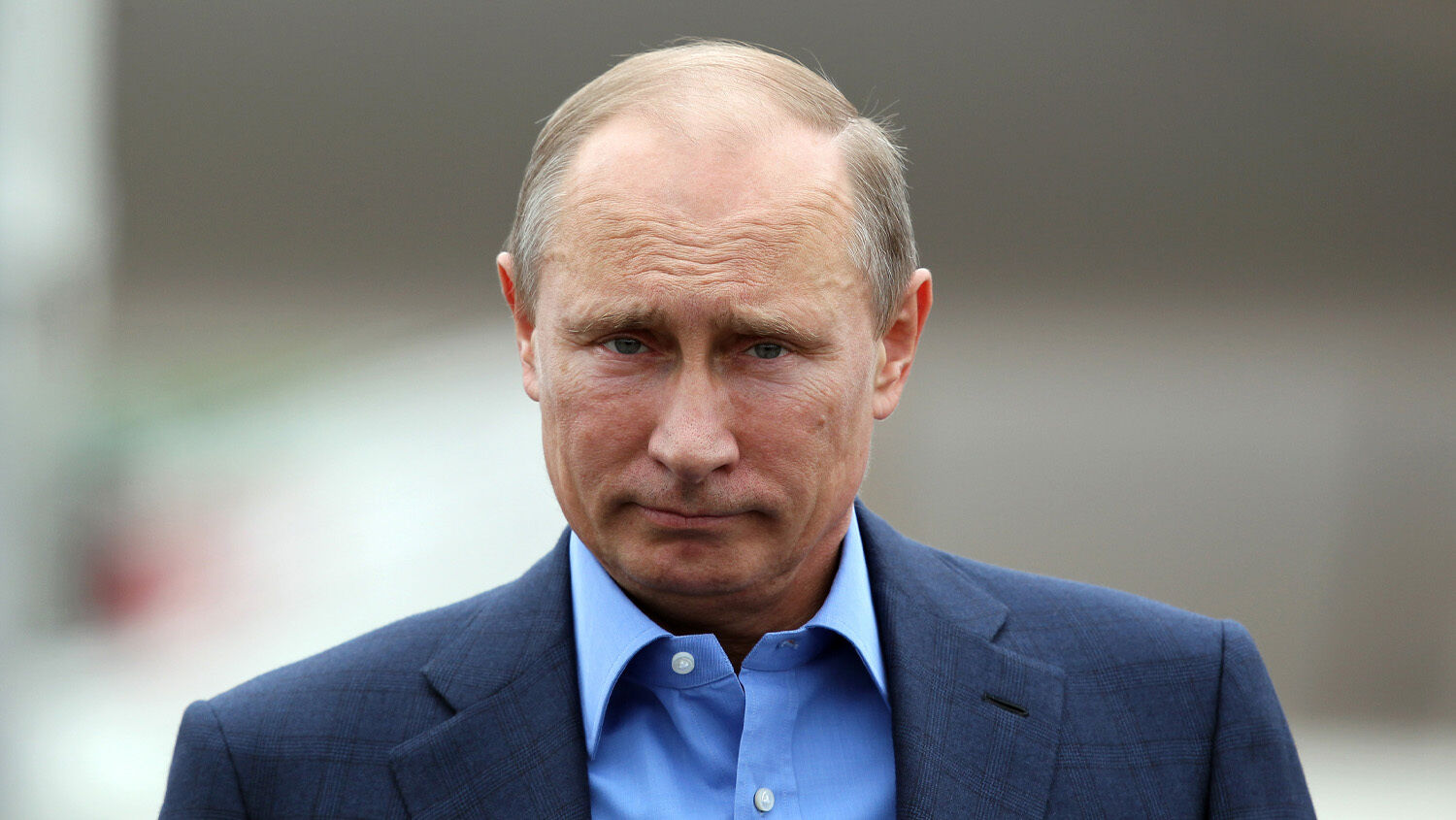
Putin Demands Rubles for Russian Gas
On March 23, German Chancellor Olaf Scholz confirmed Germany would not boycott Russian gas. On the same day, Russian President Vladimir Putin instructed his government to stop accepting payments in dollars and euros. Due to the sanctions, Russia’s ruble has come under great pressure. No one wanted rubles, so its currency quickly lost value. But if Russia accepts gas payments only in rubles, other countries must buy them. The ruble has strengthened since his announcement. Additionally due to the sanctions, Russia’s use of dollars and euros was severly restricted.
In the last few weeks, many in Germany and other European countries have demanded an immediate stop to Russian gas imports. Manfred Weber, chairman of the epp Group in European Parliament, tweeted on March 23: “By transferring over €600 million every day to Putin to pay for our energy bill, we are also funding the war. We are paying for the actions of a war criminal in Moscow. EU leaders can’t avoid the energy question.”
Yet Scholz warned that halting imports would trigger an economic recession in Germany and across Europe. “We will end this dependence as quickly as we can, but to do that from one day to the next would mean plunging our country and all of Europe into a recession. He warned that “hundreds of thousands of jobs would be at risk, entire industries would be on the brink.”
But Putin’s latest move makes Scholz’s decision even more questionable.
The Russian government announced that gas sales to “unfriendly states” would be settled only in rubles. This includes all EU countries, the United States and others. The announcement stabilized the Russian currency. The technical aspects of the sales in rubles have yet to be worked out, but the move signals a change in global trade and sanctions.
Considering how open Germany is about its dependence on Russian oil, coal and gas, Putin can probably easily predict his Western partners’ responses to his moves. Germany would have a difficult time ending its dependence on Russian resources overnight. But why has it allowed it to get to this point?
Even after Russia annexed Ukraine’s Crimean Peninsula, Germany expanded its dependence on Russia by building the Nord Stream 2 pipeline. Russian gas still flows through Ukraine’s pipeline network, but if something happened to those pipelines, Germany’s supply of Russian gas would be secured through the Nord Stream pipelines.
Trumpet editor in chief Gerald Flurry warned in 2018 that Germany’s dependence on Russian gas is not coincidental. “In recent years, as gas reserves in the North Sea have declined, European nations have grown more and more dependent on Russia for their gas supplies,” he noted. “Russia has taken advantage of this situation several times by ‘weaponizing’ its energy, cutting gas supplies when it wants to pressure European states for political or economic reasons.”
The United States sanctioned Nord Stream 2 while it was under construction. Germany and Russia, however, plowed ahead with the project. Regardless of what German leadership claims, Germany continues to support Russia by preventing serious sanctions and doing little to help Ukraine. If Germany pays Russia in rubles, it would further undermine the West’s sanctions.
As Mr. Flurry explained, this cooperation between Russia and Germany will lead to the breakdown of U.S. dominance.
China and Russia have been reducing their dependence on the dollar for bilateral trade since 2014. U.S. sanctions on Russia over the war in Ukraine could hasten this trend. China, India and Russia are exploring an alternative to the U.S.-dominated swift payment system to bypass future American sanctions.
If Russia’s move is successful, it could encourage China and India to pursue similar policies to become less vulnerable to U.S. sanctions, ushering in a global trading network independent of the United States. This alliance will most assuredly come. It was prophesied in Isaiah 23.
Current world events are leading to the fulfillment of this prophecy and the demise of modern nations of Israel, of which the U.S. is a part. I encourage you to read “The Great ‘Mart of Nations’” to learn more about this astounding prophecy.
